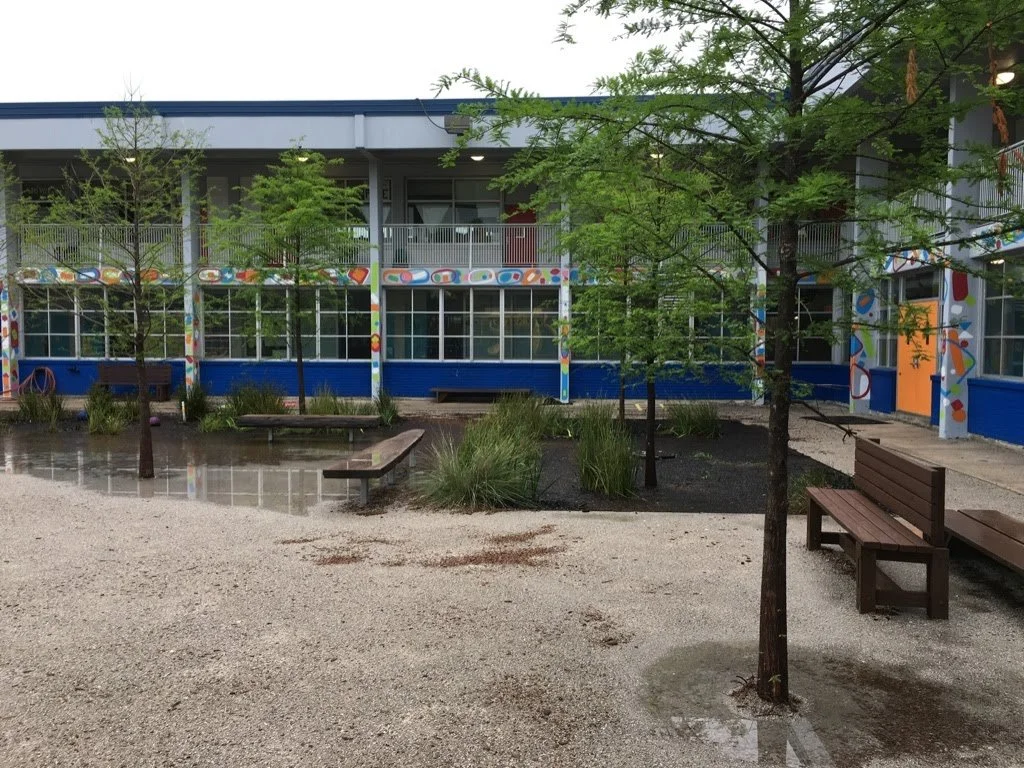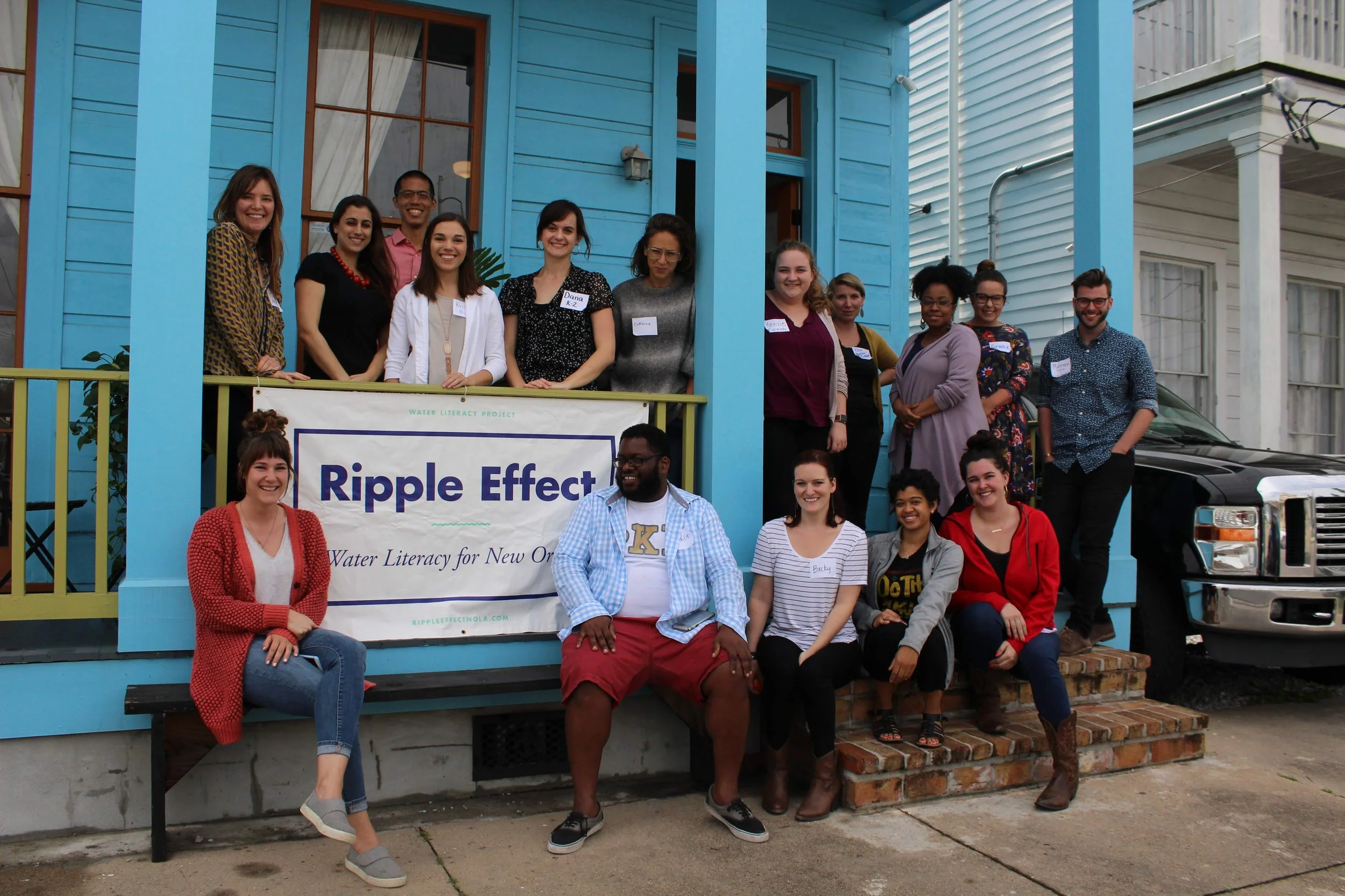About us
Ripple Effect is a nonprofit environmental education organization based in New Orleans, Louisiana.
We empower teachers on the front lines of environmental change.
We believe
All students in K-12 classrooms deserve frequent opportunities to learn about local water issues while engaging in ambitious, inquiry-based science learning.
These experiences help build a flexible, systemic understanding of the climate-related challenges that are impacting – and will continue to impact – their lives.
We see teachers as the key to achieving this future for students, and we invest in them at every level of the educational system.
Ripple Effect is a boundary organization.
Our work is defined by multi-year partnerships with school districts and science education researchers. Our role is to act as a bridge between current research in science education and K-12 schools’ everyday problems of practice.
Our story
Our impact
We’ve made a measurable impact connecting students and teachers to our local environment.
Our work has been made possible by generous support from these organizations.
Want to stay in the loop on water literacy?
Sign up for our newsletter to receive quarterly updates.









